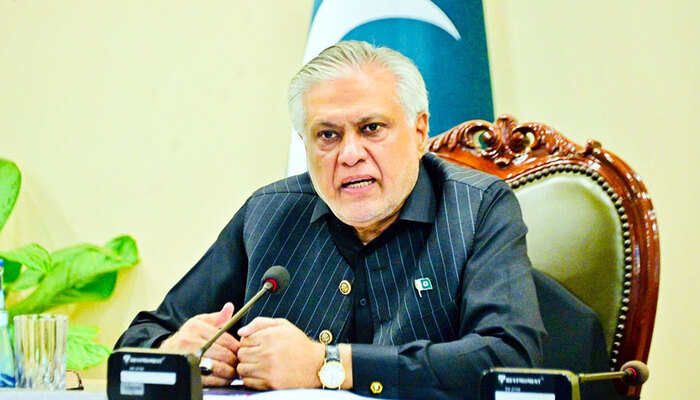Pakistan is pushing forward with new plans to unlock investment opportunities and accelerate sustainable economic growth. On July 18, 2025, Deputy Prime Minister Ishaq Dar chaired a high-level meeting in Islamabad. The meeting focused on developing a targeted investment portfolio aimed at attracting funds from friendly nations. Dar emphasized the urgent need to identify viable projects that can deliver immediate economic returns while supporting long-term national development.
Focused Agenda for Economic Revitalization
The committee, formed to design a robust investment roadmap, reviewed Pakistan’s current foreign investment landscape. Officials examined existing inflows, sectors with untapped potential, and hurdles that discourage international investors. As part of the review, the group proposed a series of “early harvest projects”—initiatives that could be launched quickly and produce visible results.
These projects are expected to serve as entry points for deeper economic collaboration with allied nations. The goal is not only to draw capital but also to align foreign partnerships with Pakistan’s development priorities.
Read: Rupee Slides Amid Import Strain and External Pressures
Key Sectors Identified for Investment
During the meeting, members pinpointed three high-impact sectors: energy, infrastructure, and privatization. These areas, the committee argued, hold strategic importance due to their potential to create jobs, expand services, and stabilize public finances.
In the energy sector, opportunities lie in expanding renewable sources, upgrading transmission lines, and modernizing existing grids. Pakistan’s growing energy demand makes this sector a top priority for sustainable growth and industrial expansion.
Infrastructure also emerged as a central focus. Committee members discussed opportunities to enhance transportation networks, water systems, and logistics chains. Such improvements would directly impact productivity, reduce costs for businesses, and improve citizens’ quality of life.
On privatization, the committee recommended accelerating efforts to divest underperforming state-owned enterprises. These entities, burdened by inefficiencies, present a potential source of revenue and efficiency gains if transitioned to private management.
Targeting Investors From Friendly Nations
Deputy Prime Minister Dar urged the committee to structure the investment portfolio in a way that aligns with the interests of friendly countries. He noted that several nations had previously expressed interest in supporting Pakistan’s economic transformation, but lacked a clear set of options to engage with.
By identifying strategic projects and preparing detailed plans, the government aims to convert goodwill into concrete partnerships. Dar stressed that offering well-defined, low-risk ventures would encourage faster decisions and stronger commitments from foreign investors.
Early Harvest Projects as a Starting Point
The concept of early harvest projects featured prominently in the meeting. These are initiatives that can be quickly launched, require minimal regulatory adjustments, and deliver short-term results. The committee believes that showcasing a few successful early harvest projects will boost investor confidence and create momentum for longer-term ventures.
Possible early harvest projects include small-scale renewable energy farms, urban infrastructure upgrades, and pilot privatization of select enterprises. The team has also suggested offering tax incentives and regulatory easing to fast-track these investments.
Institutional Coordination and Monitoring
To ensure timely implementation, Dar called for stronger coordination among federal ministries, provincial governments, and regulatory bodies. He proposed setting up a dedicated monitoring cell within the Prime Minister’s Office to track project progress and troubleshoot bottlenecks.
The Deputy Prime Minister also emphasized transparency in project selection, procurement, and reporting. According to him, international investors require consistent legal frameworks, clear exit strategies, and predictable returns. Fulfilling these conditions is essential to make Pakistan an attractive investment destination.
A Step Toward Inclusive Growth
Pakistan’s new investment strategy reflects a shift from reactive policymaking to proactive planning. By focusing on strategic sectors, identifying realistic early wins, and partnering with trusted nations, the government hopes to foster inclusive and lasting prosperity.
The meeting concluded with a directive for all committee members to finalize sector-specific investment briefs and submit a progress report within the month. These documents will serve as the foundation for Pakistan’s next round of investment outreach and negotiations.
Follow us on Instagram, YouTube, Facebook,, X and TikTok for latest updates
